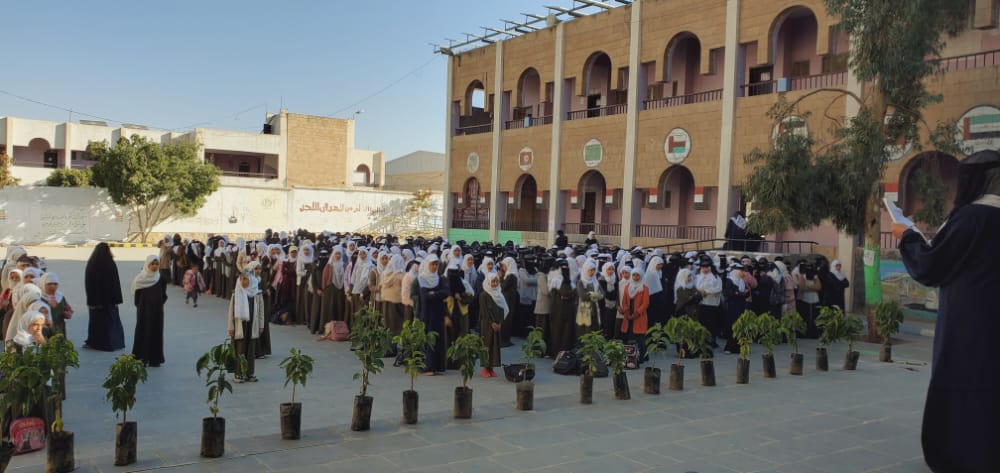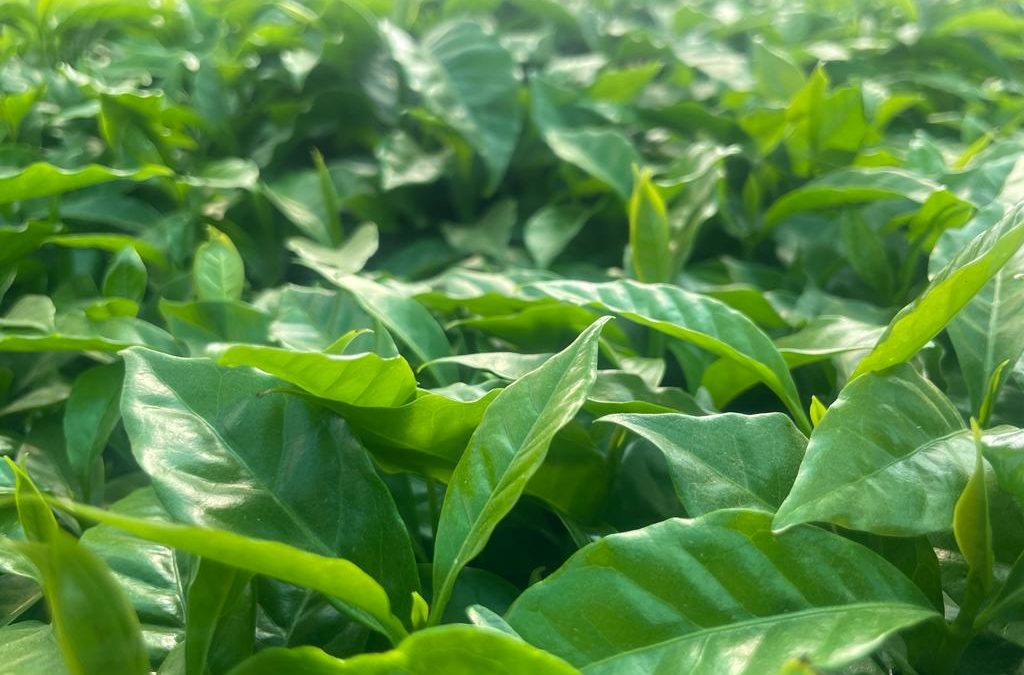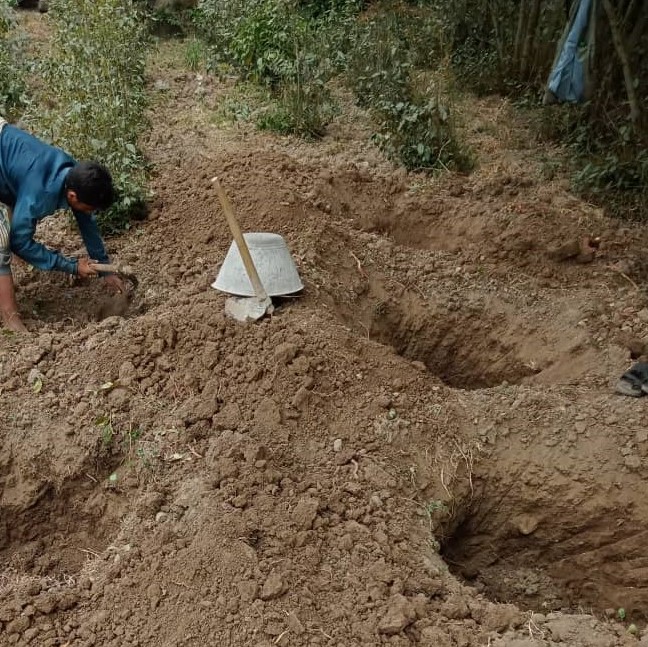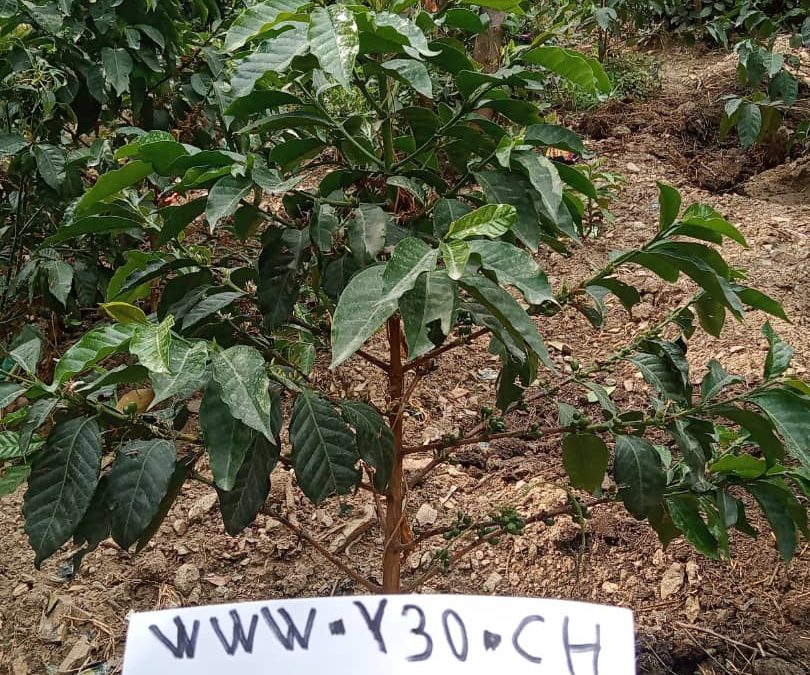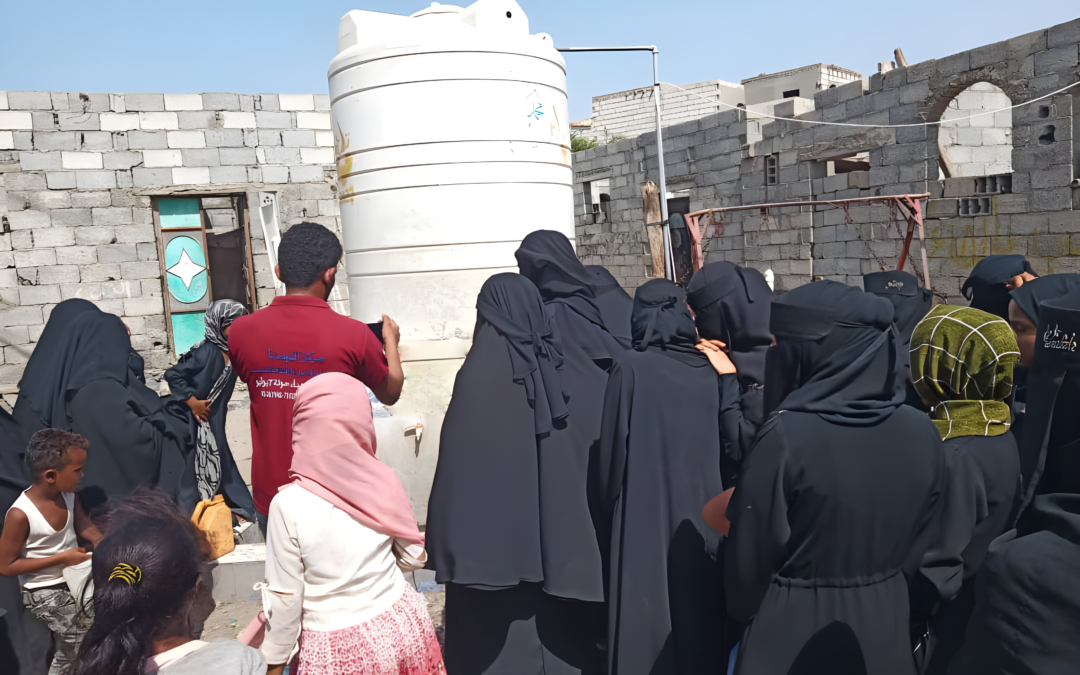Sowing the Seeds of Change: Y30 Empowers Sana'a's Youth for a Sustainable Future Yemen's future rests on the shoulders of its youth. Recognizing this, we launched impactful agricultural awareness initiatives in Sana'a, the capital city. These programs aimed to...
